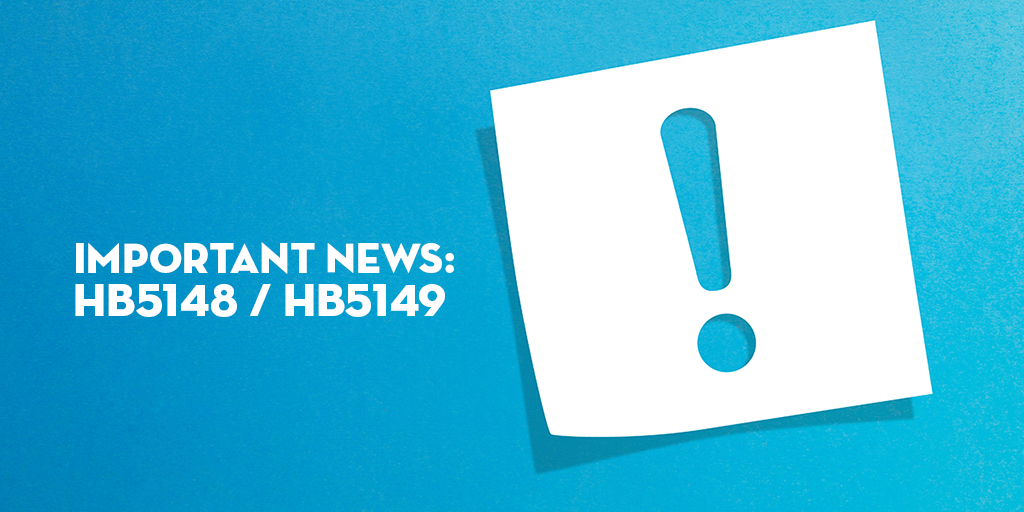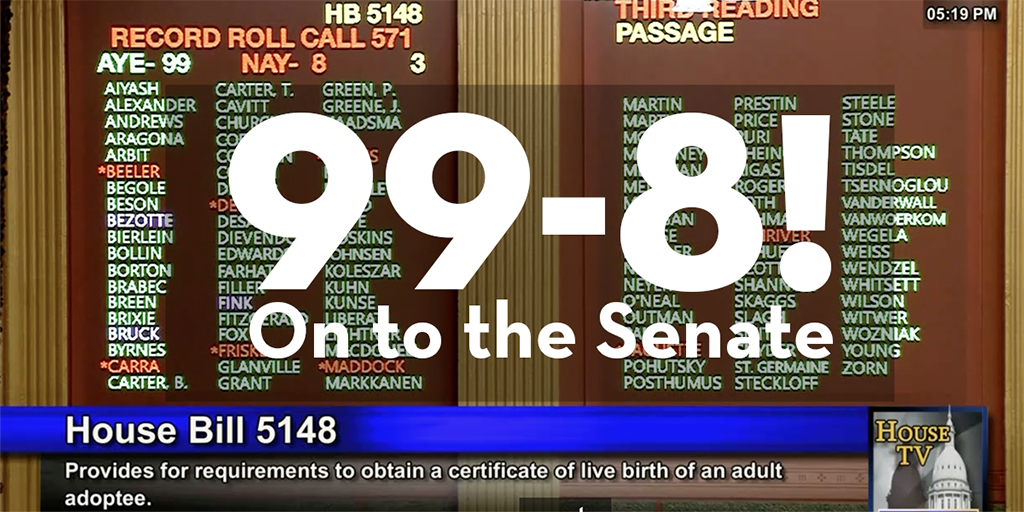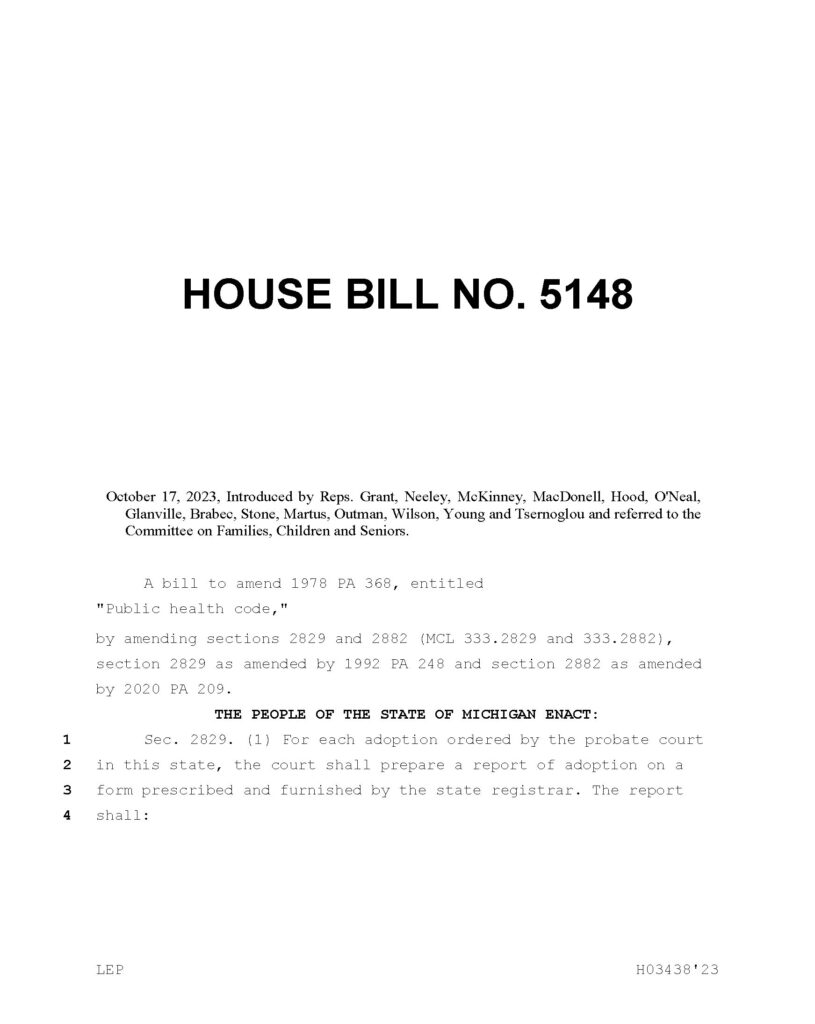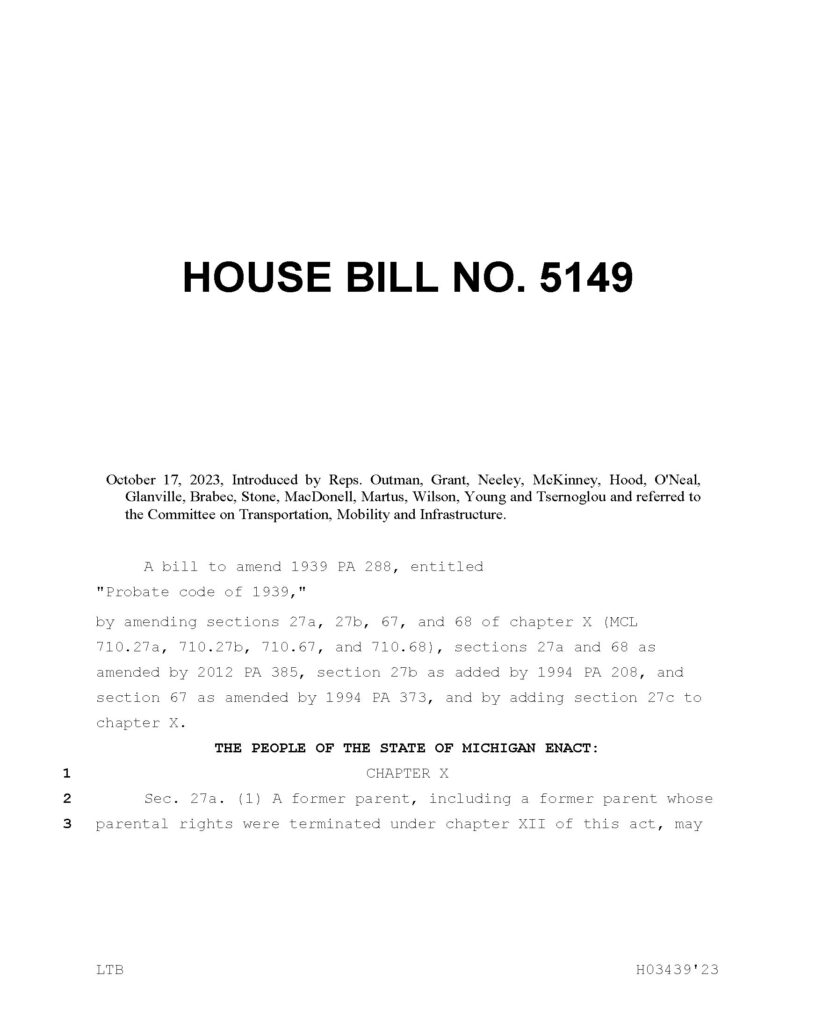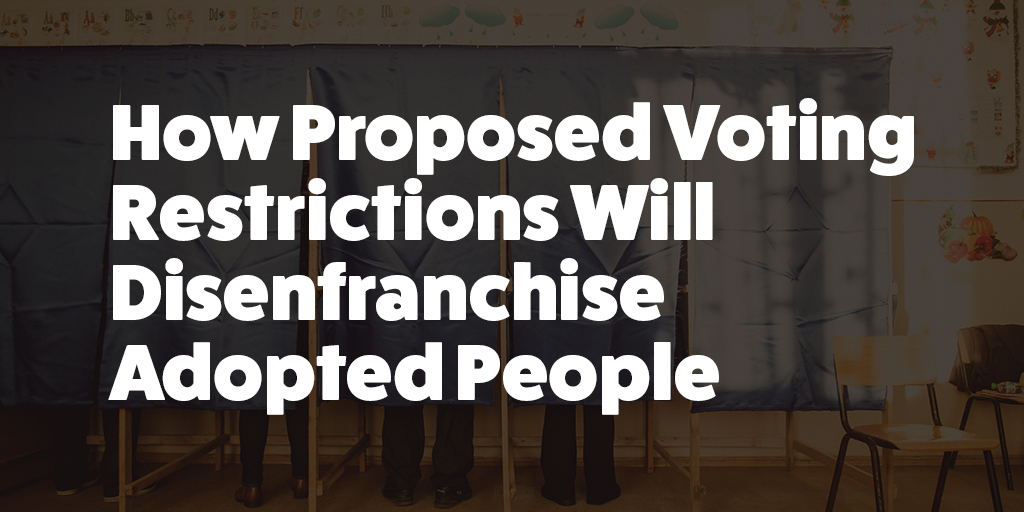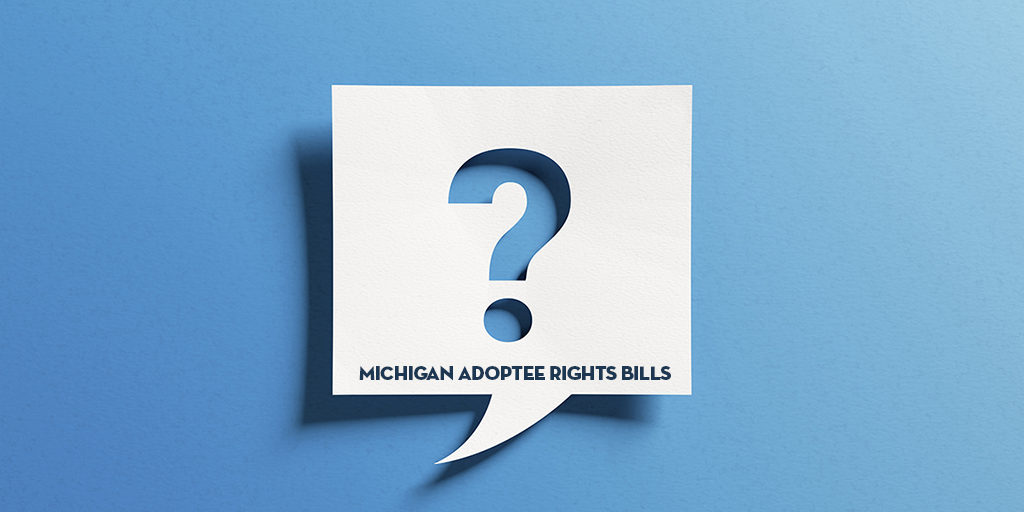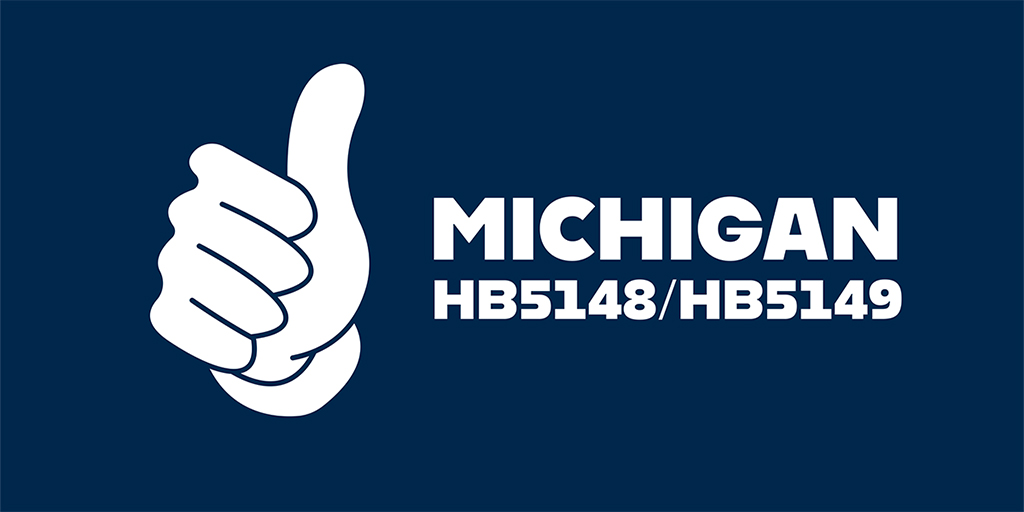As a coalition we have decided to pause our support for HB5148/HB5149. This action is being taken to protect the bills from potential damaging and discriminatory amendments and to reassess the opposition. Our sponsors are in full support of our decision, and we will publicly share more details when we can.
There will be a time soon where we can meet and discuss the issues we are facing and our organizing strategy. We will always share as much as we are able. For that we are thankful for your trust. Hang in there, and we will too.

